Fraud is constantly evolving and sadly, fraud attacks have now become part of our everyday lives. Many of us receive at least one fraudulent text, email or phone call a month, so it’s important that we look after our financial wellbeing by knowing how to protect ourselves from fraud scams.
Our new social series, Fraud Watch: True Crime Stories zones in on different types of fraud to help you recognise the signs that something is not what it seems. We give you easy to follow tips to keep you and your banking details safe.
Remember, always Stop, Think, Check. And together, we won’t let the fraudsters win.

Smishing – Delivery charges scam
Never respond to “urgent” requests for delivery or customs charges. Fraudsters send these fake requests hoping to catch you off-guard.
Stop, Think, Check
Never click on the link within a text or email request. Verify directly with the named delivery company instead.
Investment Fraud And Fake "Recovery Agents"
Never allow an investment or financial advisor to pressure you to act quickly when it comes to investing. Don’t engage with people who call themselves Recovery Agents. It’s a scam.
Stop, Think, Check
Fully research the company and make sure that they are registered with the Central Bank of Ireland. Talk with your trusted financial advisor before taking any action.
Investment Fraud – Fake ads on social media
Don’t fall for social media ads selling easy, tech-assisted investing. There is no trading platform or scheme that can guarantee great returns.
Stop, Think, Check
Ignore investment ads promising get-rich-quick opportunities. If you want to invest, always speak with a trusted financial advisor.
Romance Fraud
Protect yourself, your heart and your wallet from fraudsters posing as someone else on social media and dating apps.
Stop, Think, Check
Never send money to someone you’ve only chatted to online.
Money Muling
A money mule is someone who, deliberately or unwittingly, allows someone else use their bank account to transfer stolen money. Criminals can target young people, vulnerable people or the unemployed to launder money.
Stop, Think, Check
Always be suspicious of anyone asking to use your bank account for whatever reason.
Smishing - Motorway toll scam
Always be wary of demands for payment by text, especially those that say “requires urgent action”.
Stop, Think, Check
Never click on suspicious links or share your banking details, including your full online banking PIN, or other personal information if requested via text message.
Investment Scams
The need for secrecy...investment scam fraudsters try to isolate their victims by warning them not to talk to family and friends about their “investment”, for fear that their family or friends would intervene and stop the victim from transferring money.
Stop, Think, Check
Using a trusted source, like your local branch advisor, is still your safest option when it comes to investing.
Purchasing Scams
Our human senses are finetuned to make judgement calls in the real world but it’s hard to do this online.
Stop, Think, Check
Only buy from reputable retailers. If it’s not a well-known shopping site, do some research. Look for independent reviews on other websites, rather than trusting testimonials on the site itself.
Invoice Redirection
Invoice redirection fraudsters use trusted relationships as a point of attack and can extract information from emails.
Stop, Think, Check
Always verify payment change requests by contacting a known contact in the company directly, using contact details held on record, or by using a phone number displayed on the company’s website. Links or contact details contained in the email or letter requesting the change could be fraudulent. Don’t use them.
Accommodation Scams
Ireland’s scarcity of accommodation can make people desperate to find a solution. Fraudsters target this vulnerability to stage their attack.
Stop, Think, Check
Only use established letting agents. Always meet the landlord in the accommodation to be rented and ask for ID such as a drivers licence. Remember, if it sounds too good to be true, it probably is!